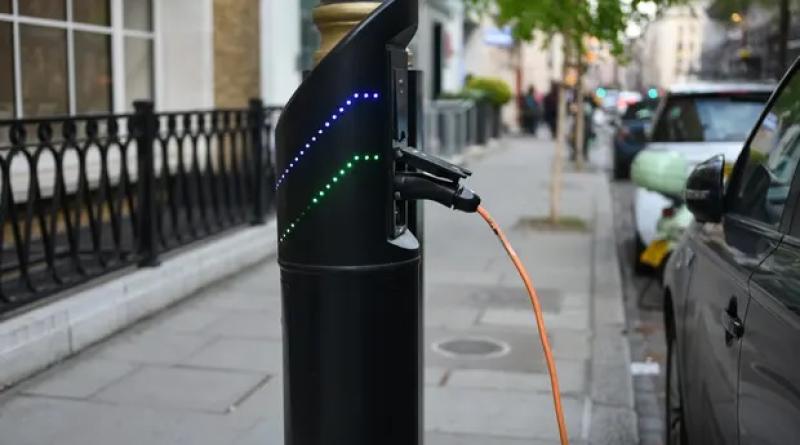The Guardian view on the electric car revolution: targets are not enough

The government must do its bit to make new electric vehicles more affordable if mass adoption is to be achieved on the road to net zero.
When the government controversially scrapped its discount on the purchase of electric cars last summer, the move was justified on the grounds that its work was done. After 11 years of subsidies, said ministers, the electric vehicle revolution had been “kickstarted”. As Britain strives to meet a 2030 target to end the sale of new petrol and diesel vehicles, that judgment is beginning to look a little complacent.
Amid ongoing economic headwinds, data has emerged that suggests a drop-off in current demand for electric cars, despite notable public enthusiasm for their adoption in principle. Auto Trader, which hosts the country’s largest car sales website, reported this month that inquiries in relation to new electric vehicles had fallen significantly compared with last year.
A number of factors are likely to be involved. As interest rates and inflation remain high, the upfront cost of a new electric car makes it more expensive in the short term than a petrol or diesel one. Falling oil prices may have diminished the immediate incentive to switch. At the same time, despite repeated pledges by Whitehall, the rollout of charging infrastructure continues to be too slow and is not keeping pace with sales.
Under Boris Johnson, the government forecast that 300,000 publicly available chargers would be needed by 2030. Reaching that number would require the installation of 100 chargers a day, but the current rate is estimated to be around a fifth of that. For lower-income families without the option of charging their cars in garages or driveways, the problem is compounded by current electricity prices and the substantially higher VAT rate paid at public charging points.
The net result is that while sales of electric vehicles are growing in absolute terms and company fleet sales are strong – partly as a result of specific incentives to employers – the electric share of the new vehicle market is not accelerating as it needs to. For mass adoption to take place in tough economic times, the government needs to do much more to make electric cars affordable through creative grants and subsidies. Loans should be cheaper and easier to access, offsetting upfront costs. The 20% VAT rate imposed on public charging points should be cut to match the 5% domestic energy tariff. The decision by the chancellor, Jeremy Hunt, to end the exemption of electric cars from road tax from 2025 should also be rethought.
A major societal transformation of this kind should not be attempted on the cheap, with the risk of creating losers along the way. Looming on the horizon, alongside the imperative of achieving environmental sustainability goals, is a question of social equity. If popular buy-in to the green transition is to be safeguarded, the choice of owning an electric vehicle must not be confined to more well-off early adopters and those fortunate enough to be entitled to a company car. Manufacturers must do more to develop affordable options if they are to meet mandated targets on the way to 2030. But the government should do more than simply wave a big stick and threaten punitive action from the sidelines if those targets are missed.
The government’s climate change committee has described the full transition to electric vehicles as one of the key actions in achieving the UK’s net zero targets. Ministers risk failing to ensure that everyone is along for the ride.
cover photo: A major societal transformation of this kind should not be attempted on the cheap, with the risk of creating losers along the way.’ Photograph: Malcolm P Chapman/Getty Images





